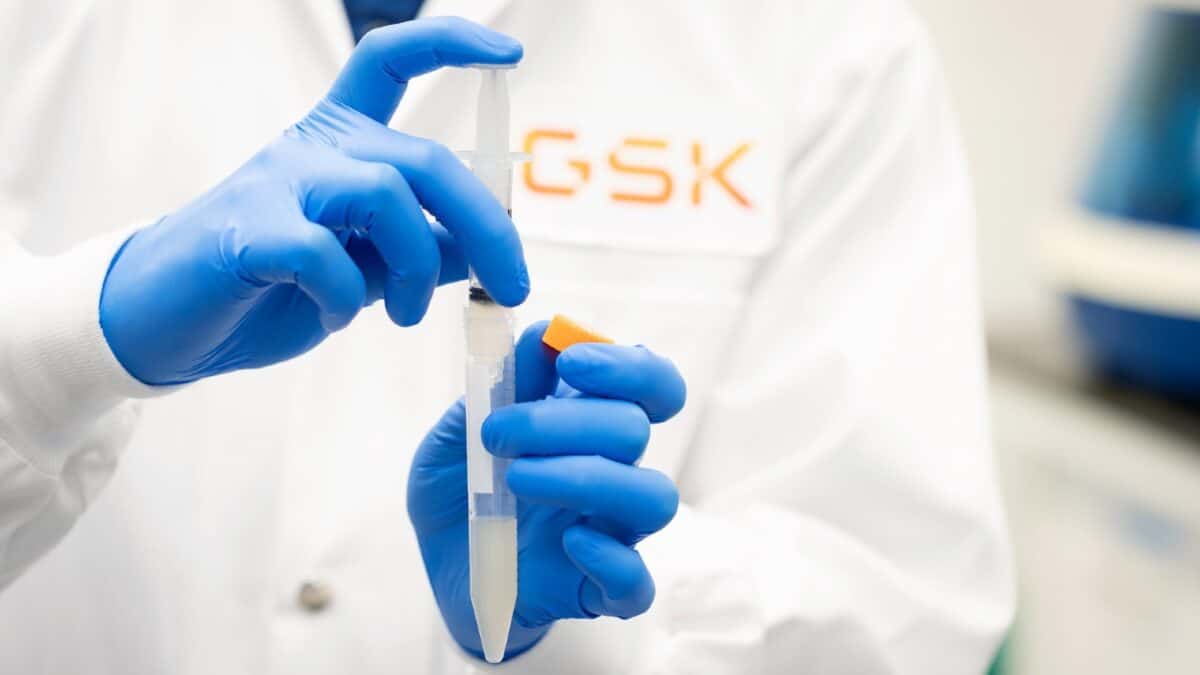Pharmaceutical giant GSK’s (LSE: GSK) share price has fallen around 11% from its 15 May 12-month high of £18.12.
The key reason for this seems to be market perception of increased legal risk surrounding the company’s Zantac drug.
This followed a US court’s decision on 31 May to allow 70,000+ lawsuits to go forward. These allege a connection between Zantac and cancer.
The decision surprised me, as in 2022 a different US court dismissed around 50,000 similar lawsuits.
As it stands, GSK is awaiting the decision on a right to appeal the latest decision. Consequently, this legal uncertainty remains the main risk for the firm, in my view.
Are the shares undervalued?
Even before the recent drop in price, GSK shares looked very undervalued against their peers.
Now, on the key price-to-earnings ratio (P/E) stock valuation measurement, they trade at just 14.6. This is less than half its peer group average of 31.5, so they look a major bargain on this basis.
To ascertain how much of a bargain precisely, I ran a discounted cash flow analysis. This shows the shares to be about 60% undervalued at their present price of £16.13. Therefore, a fair value would be around £40.33.
This does not necessarily mean they will ever reach that price. However, it highlights to me how much of a bargain they look.
Does the core business look strong?
GSK’s 2023 results saw revenue rising 3.4% to £30.3bn from 2022, while net income increased 11% to £4.93bn.
For 2021-26, it expects a 7% compound annual growth increase for sales (against the previous 5%). Adjusted operating profit is forecast to grow more than 11% (versus 10% before) on the same basis.
By 2031, GSK now expects to achieve sales of more than £38bn. This is an increase of £5bn over the estimate given in 2021.
Consensus analysts’ estimates are that earnings per share will increase by 12% a year to end-2026. Return on equity is forecast to be 34.9% by that point.
Major new products
Early June saw the US Food and Drug Administration approve GSK’s Arexvy respiratory virus drug for patients aged 50 to 59. It is the first such drug to win this endorsement.
On 7 March, the firm announced that tests now show its Blenrep drug helps extend life in plasma cell cancer patients. Citigroup analysts previously said they expect peak risk-adjusted Blenrep sales of around £2.5bn.
A month earlier, results showed very positive results for its Shingrix shingles vaccine. Specifically, it has 79.7% efficacy in participants aged 50 and above, six to 11 years after vaccination. Shingrix sales had already increased by 17% in 2023 to £3.4bn even before these results.
Will I buy more?
I already have a holding in GSK bought at a much lower price, so I am happy with that. If I did not have this, I would see the shares as an unmissable bargain for me.
Not only are the valuations very low against the company’s competitors, but the business appears strong, and the new products look extremely promising.








